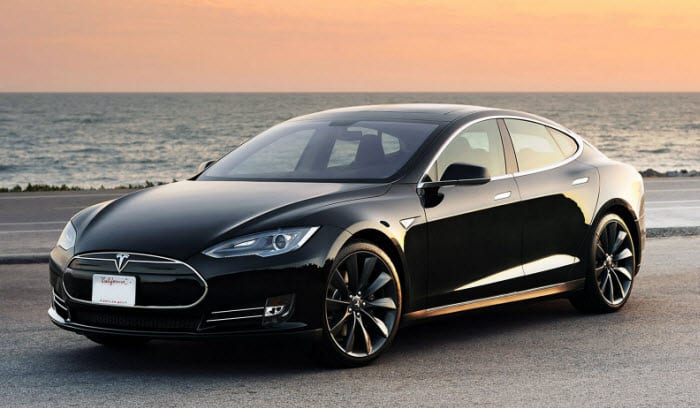Lawmakers in the United States are meeting this week to discuss how to improve vehicle and roadway safety. Part of the discussion relates to how automakers should provide car buyers with a privacy policy in the future that details exactly what information they are tracking and how that data is being used. As our vehicles quickly transform into computers on wheels lawmakers want the automotive industry to step up and take action to develop and implement privacy policies.

According to Section 301. Vehicle Data Privacy, lawmakers want to direct “vehicle manufacturers to develop and implement a privacy policy outlining the manufacturer’s practices regarding the collection, use, and sharing of covered information as defined in the section. It directs a manufacturer to identify in its privacy policy whether it will provide a vehicle owner, lessee, or renter with any or all of the seven privacy elements described in this section.”. The section goes on to outline a penalty of $5,000 a day with a maximum penalty of $1 million for not filing or violating the privacy policy terms.
While we’re happy to see the auto industry be pushed into creating privacy policies, the penalty doesn’t seem very useful. If a company like Ford or GM wanted to sell data in violation of their privacy policy, a fine of up to $1 million for “a series of violations” would be well below the profit made from selling the data. I’m not trying to point a finger at any car manufacturer but if penalties are going to be imposed then it seems like capping them at $1 million protects the auto companies more than it does customers. Let a civil court decide how much it’s worth when a car company decides to gather more data or sell private data.
In addition to new privacy policies, lawmakers are also discussing the idea of making vehicle data hacking illegal with a penalty of up to $100,000. This sounds good except that researchers need the ability to continue hacking in order to help point out security flaws. That seems a better response than waiting for criminals to take advantage of the security loopholes for nefarious reasons.
The scope of the conversation extends past adding privacy policies. We also read a section that will direct the NHTSA to evaluate how technology can help protect kids on school buses. I have always felt that not having seat belts on school buses is a huge safety risk. The cost of adding seat belts and the lowered capacity of kids per school bus has to be outweighed by the risk of an accident injuring or even killing children. Perhaps some more recent technology can also help protect the kids but seat belts seem like a good first step considering it’s illegal not to wear them when driving or as a passenger in a car.
You can follow us @VPNFan for the latest privacy news and guides. Take a moment to look around our site. We advocate using a VPN to protect your privacy and have a number of guides to help keep you safe online.
